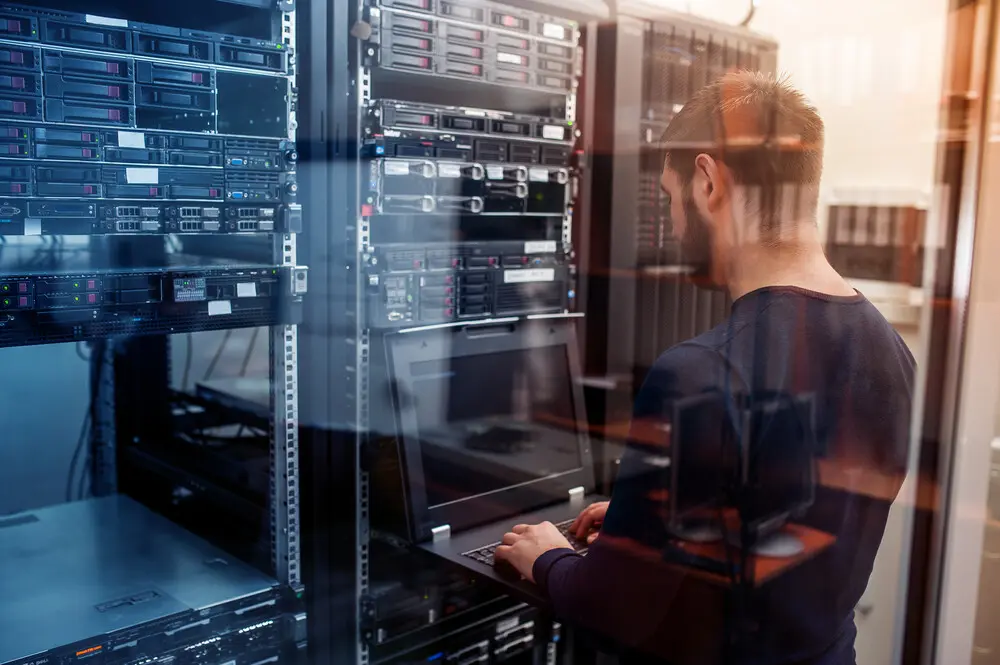In our latest article we discussed the different ways that businesses can secure data that is stored in the cloud. This is essential as cloud services become even more important to working life, especially in light of the current pandemic. However, cloud data backups are not the only point data storage point. Local backup severs are also used, and these also need to be secure, and safe. So how can businesses secure local backup servers? Well, here at Creative Network Solutions, we are Preston’s leading IT support and network services experts. From secure remote access services to business VoIP, we are the team you can count on. And this is our guide to everything you should know about the different options for securing data stored on backup servers.
What is a local backup server?
A backup server is a type of server that facilities data and apps as well as files, or it can be a dedicated server that act as a database backup. This isn’t just a piece of hardware, it also has software capabilities so that the the data can be retrieved and then restored successfully. A backup server can be hosted remotely, though cloud back up services, or it can be local, meaning on premises.
How can businesses secure local backup servers?
To keep local backup servers safe, there are a number of things to consider. These include:
- Updating security policies- the weakest link to any cyber security is human error. This is why effective policies are essential, so that your whole team are on the same page. You should consider:
- Physical access control to the devices where you store the backups.
- User account access to the parts of the server where they’re stored.
- The way that backups are collected.
- The connection to cloud service and cloud backup.
- The backup server storage location- the backup server is stored locally, but this needs to be somewhere secure, and not somewhere in a high traffic area. This should be in a locked room or cupboard. You can also consider off-site local backups in the same geographical area, but within a different building completely. This can be a good decision in the event of an on-site disaster.
- Hiding access to the backup server- don’t advertise your backup server within the local network, or with an active directory, as this will make it easier for hackers to steal your information. Instead consider connecting agents to the backup server via a Static IP address and separate your backup network into security zones that will provide increased protection.
- Keep updated- operating system software on the servers themselves will need to be safe and secure. Keeping this updated is crucial as security flaws are detected over time in all operating systems, and updates and patches are brought out to cover these flaws. Without the most recent update, your backup servers, and your data, could be compromised.
For more information or advice about your network security, systems, or cloud solutions, why not ask the experts today, here at Creative Network Solutions.

